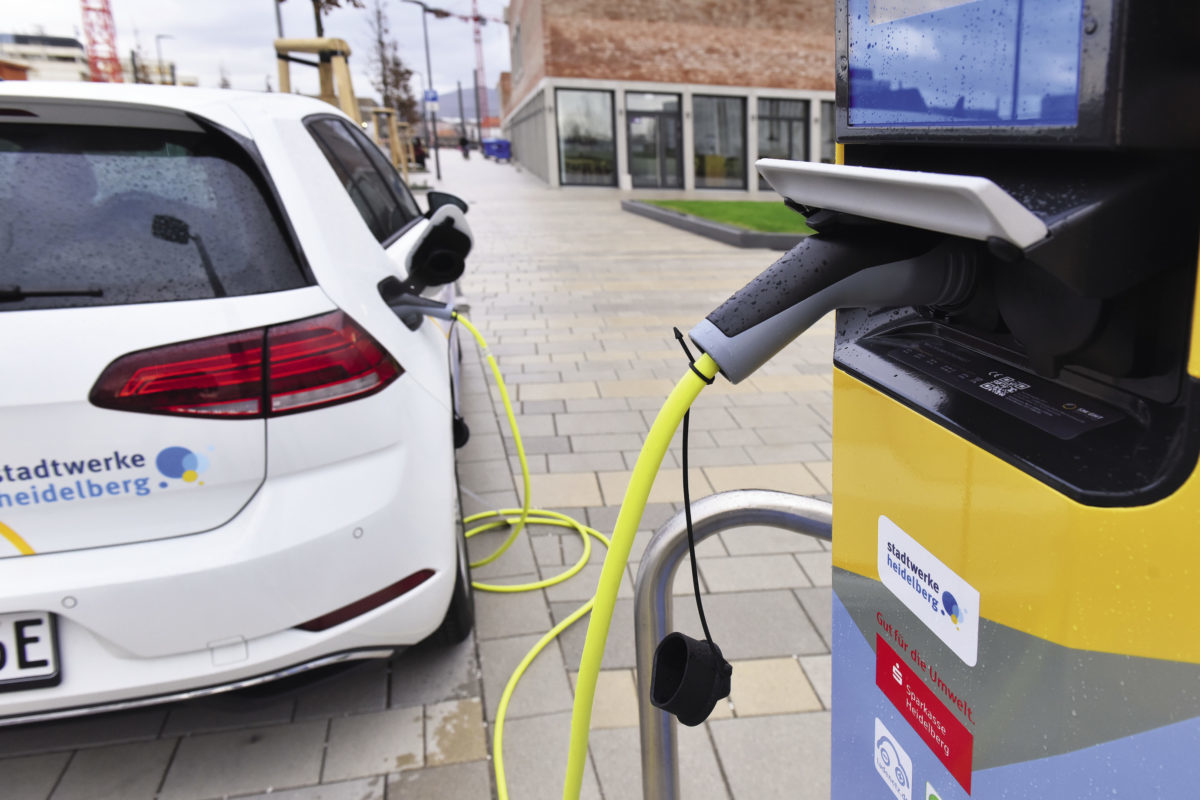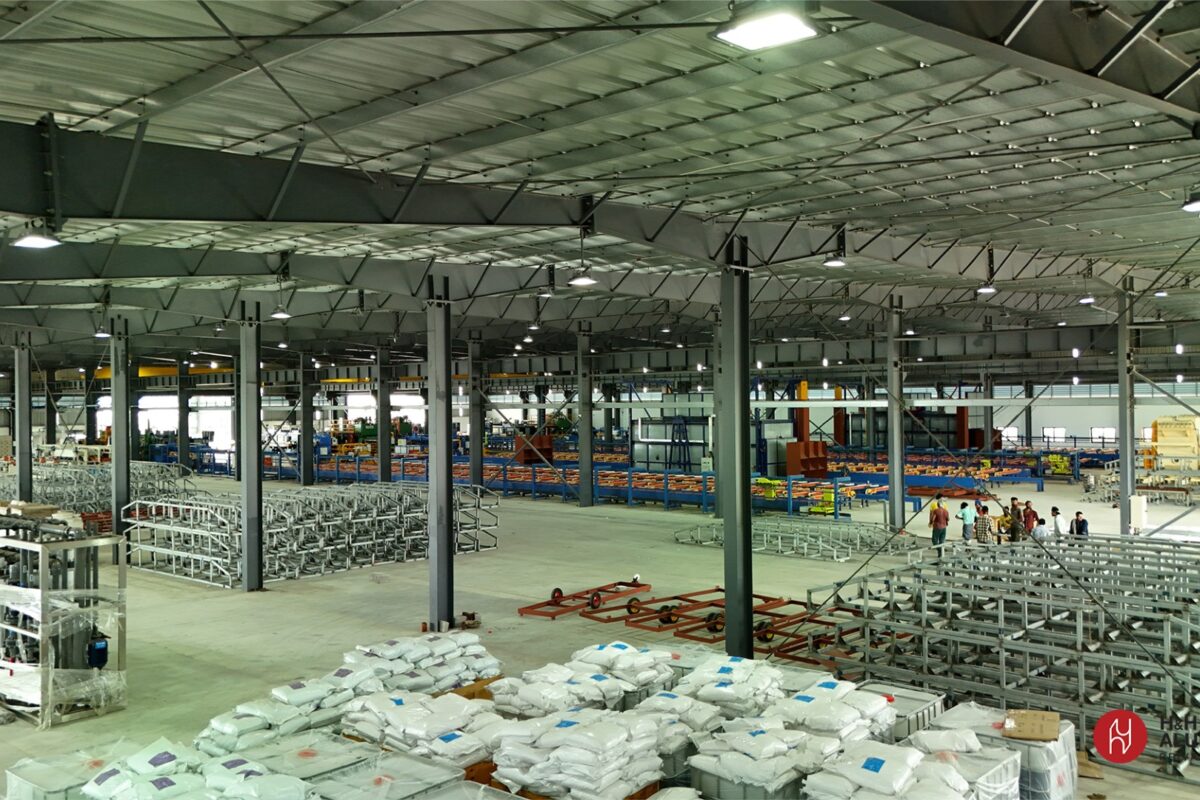Business intelligence company BloombergNEF has indicated in its latest electric vehicle (EV) market report that the sector is set to ape renewable energy generation by rising in importance during the Covid-19 crisis despite a severe hit to deployment figures.
In the latest annual update to its Long-term Electric Vehicle Outlook report, published today, BNEF predicts global EV sales will slump 18% this year, by 1.7 million units, interrupting a decade of continuous annual growth, as a result of the coronavirus pandemic.
However, the analyst expects the Covid-19 fallout on conventional car sales to be even more dramatic, with a 23% fall in global sales this year, leading the market penetration of EVs to rise just as renewable energy has gained ground on fossil fuel power generation during a pandemic which has seen electricity demand slump.
BloombergNEF expects a short-term rally in traditional car sales after Covid-19 lockdowns ease but expects EVs to continue gaining ground in the longer term, with electric vehicles expected to supply 58% of new passenger car sales by 2040. By that point, 31% of the cars on the road will be electric, together with 67% of municipal buses, 47% of two-wheeled vehicles and 24% of light commercial vehicles.
Indian scenario
In 2020, the EV market in India will follow the wider auto-market and see some decline in new sales. However, the private EV adoption will improve over the next 2-3 years as relatively affordable models enter the market.
Shantanu Jaiswal, Head of India Research, BloombergNEF told pv magazine: The auto market in India has been in a severe slowdown since the fourth quarter of 2018, which led to a 13% annual decline in car sales in 2019. In 2020, we expect the EV market to follow the wider auto-market and see a decline in new sales, albeit to a lower extent.”
“A rise in availability of relatively affordable EV models in some of the popular vehicle segments over the next 2-3 years will help support private EV adoption. Additionally, we also expect fleet operators to ramp up procurement in 2021 and 2022.”
On the battery manufacturing front, Jaiswal said: “Several automakers and other companies have already announced plans to start manufacturing EV batteries in the country. However, the type of the battery and the scale of the operations will depend largely on the industry demand and policy incentives. Indian government is renewing its push to attract global lithium battery manufactures to India. Some capacities should start to come up as demand visibility increases from the EV industry.”
Oil demand
In fossil fuel terms, BNEF expects the 1 million barrels of oil daily requirement taken off the road by EVs at the moment to rise to 17.6 million barrels in 20 years’ time, with e-mobility driving up global electric demand 5.2% by that point.
The analyst expects electric models to reach price parity with internal combustion engine alternatives in two years for the large car segment in Europe, with average price parity across segments and markets by 2025, although the small car segment in India and Japan may not arrive until 2030 or later.
In terms of charging infrastructure, BNEF estimates 290 million charging points will be needed by 2040, at a cost of $500 billion. Of that market, around 12 million of the facilities will be public, at a cost of $111 billion. The analyst anticipates private sector companies will fund most of the non-public charging facilities, although some public support may be required.
The study estimates EVs make up 3% of car sales at present, rising to 7% by 2023, and states there are more than 7 million passenger EVs on the road today, along with more than 500,000 e-buses, almost 400,000 electric delivery vans and trucks and 184 million electric mopeds, scooters and bikes.
This content is protected by copyright and may not be reused. If you want to cooperate with us and would like to reuse some of our content, please contact: editors@pv-magazine.com.










3 comments
By submitting this form you agree to pv magazine using your data for the purposes of publishing your comment.
Your personal data will only be disclosed or otherwise transmitted to third parties for the purposes of spam filtering or if this is necessary for technical maintenance of the website. Any other transfer to third parties will not take place unless this is justified on the basis of applicable data protection regulations or if pv magazine is legally obliged to do so.
You may revoke this consent at any time with effect for the future, in which case your personal data will be deleted immediately. Otherwise, your data will be deleted if pv magazine has processed your request or the purpose of data storage is fulfilled.
Further information on data privacy can be found in our Data Protection Policy.